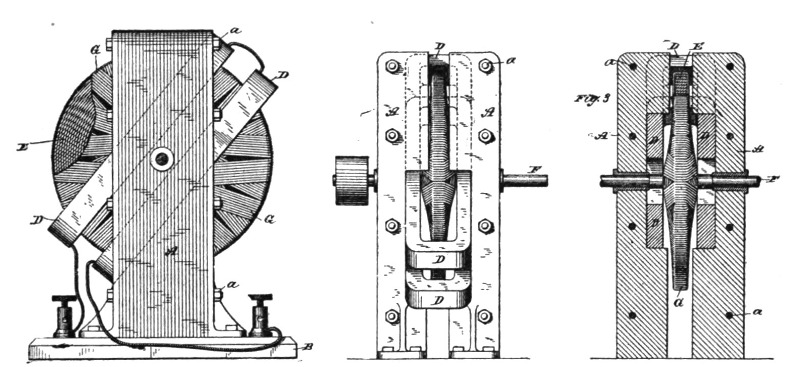TECHNOLOGY AND SOCIALIZATION:
The main task of the project is to look for a new way of thinking about technology that does not pose a threat to our human condition, on the contrary – one that favours it, and even enables modern forms of socialization. We refuse to recognize the “split” between man and technology. The term “socialization” is borrowed here from the sociology of Georg Simmel following his suggestion not to talk about society (Gesellschaft) but about the forms of socialization (Vergesellschaftung). This manner of thinking can also be found in Bruno Latour, who uses the term “associology” to question the obviousness of “social facts” and postulates tracking connections or associations between “subjects”, “objects”, and “devices” that, acting together, in alignment, produce “the social”.
It is no longer clear whether there exists relations that are specific enough to be called “social” and that could be grouped together in making up a special domain that could function as “a society”. We ask: what does the word “social” mean? Why are some activities said to have a “social dimension”? What is a society at all? To answer these questions we are trying to replace the well-defined “sociology of the social” by ill-defined “sociology of associations”. The term “socialization” means here the attempt to redefine the very notion of “the social” by going back to its original meaning and enabling it to trace connections again. Sociology of “the social” becomes here “the sociology of associations” or – in Latour’s sense – “associology”, “sociology of translation”, “actant-rhyzome ontology”, or “sociology of innovation”.
The starting point of the project is the hypothesis according to which “society” and “technology” are not so much two separate ontological domains, but rather two phases of the same, constitutive activity. We ask: if technology is not merely an instrument or a tool, if technology is more than “solidified work”, if it is yet something other than a set of programs for the rationalization of the work process and something different from Heidegger’s Ge-stell – “enframing”, what is it then at all? We also ask about the possibility of socializing “by means of technology” and “within technology”. We ask about a new composition of the social world within the technical dimension, especially “new media”. Finally, we ask about the “time of technology” and the consequences of the presence of technology for the work process and for understanding the division of working time.
Does technology, while “taking away” work, give man time off work? Or is it that technology “takes away” time by imposing a “terror of novelty”? What is the relationship between man’s “autonomy” and the growing presence of “automatons”? Does autonomy always assume automation? If technology automates, i.e. allows to go from autonomy to automation, does it deprive man of autonomy or only it redefines it – finding “autonomy in automatics”? If technology gives man time, does it allow man to be “out of time” and give man “time off work”, thus serving as a “device” (dispositive, apparatus) for “cancelling time”, or does it give man only the illusion of “time management” – pertaining not so much to “work time” as to the management of one’s finite life?
